This mission, called Operation Relentless, is the longest sustained military operation ever undertaken by the UK.
Mr. Stoltenberg stressed that NATO Allies face a highly complex international security environment.
“Our goal is to maintain peace and security for all our nations and people”, he wrote. “The commitment the UK has made, and continues to make, is a vital contribution to NATO’s overall deterrence effort, including against the most extreme potential threats. This helps protect all NATO Allies.”
In 1969, the UK began continuous at-sea nuclear patrols with four Resolution class boats. The mission is now provided by four Vanguard-class submarines based at Clyde Naval Base at Faslane in Scotland.
At the NATO Summit in 2018, all Allies reaffirmed that the fundamental purpose of NATO’s nuclear capability is to preserve peace, prevent coercion, and deter aggression.
According to a news release, Allies stressed that given the deteriorating security environment in Europe, a credible and united nuclear Alliance is essential. While the circumstances in which NATO might have to use nuclear weapons are extremely remote, NATO will remain a nuclear alliance as long as nuclear weapons exist.
At the same time, NATO say it remains committed to creating the conditions for a world without nuclear weapons. Since the end of the Cold War, Allies have reduced their collective nuclear arsenal in Europe by around 90 percent.


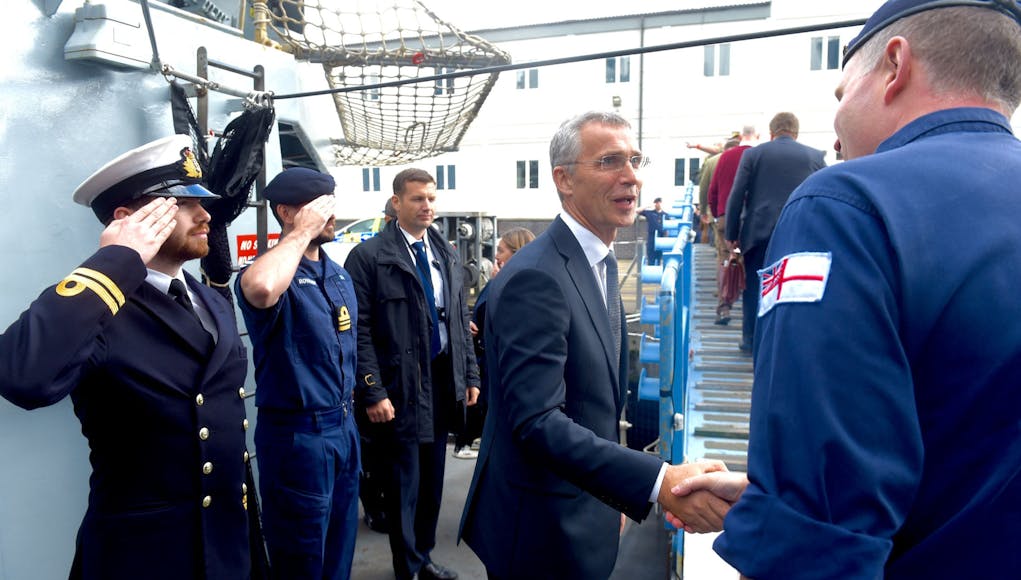
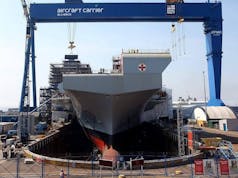
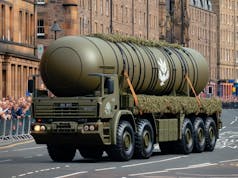
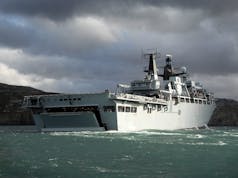
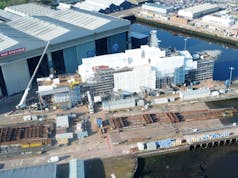
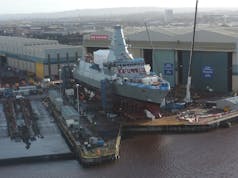

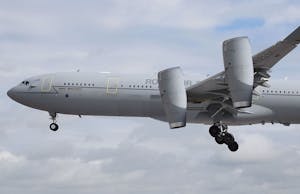









Cam – when the views and arguments were discussed in Parliament as to the future of the SSBN fleet there were serious ideas about reducing the number of the next class (now Dreadnought) to three Boats.I can see the advantages of 5 as you say,but given the choice id take another Astute personally.
The 5 hulls comes from the early days of Polaris when the RN doubted CASD could be maintained with 4 hulls. It is amazing that they have managed to maintain CASD for so long with out any major mishap as far as we know. Technology as we know rarely makes things more reliable. Dropping to three would be crazy. Submarines are best operated in clutches of four. It troubles me that A-boats are effectively a class of 1+6 as I can see Astute being decommissioned once Agincourt is in service. We need one SSN for the northern seas, and as… Read more »
The current complexion of British politics we will be lucky to get one Dreadnought. The new faces entering the Commons are younger and hold a candle for a better environment, and life expectancy and not weapons that could wipe it off the face of the Earth. I fear defence will face many battles to even retain what its got, let alone, new and horrendously expensive weapons. The only hope is when the smoke has cleared, we might have a new Government that is dedicated to defending our islands.
Well that 90% reduction in Euro Nato nukes since the end of the cold war, is both a blessing & a curse.
Yes. If memory serves, the UK is the only one of the 5 original nuclear power members that is showing true commitment to reducing their arsenal. It reminds me of the whole climate change debate, yes UK can reduce its warheads from 300 to 200, but that makes no difference when compared with the thousands of warheads Russia and America has. I don’t really understand it other than money saving and, for want of a better phrase, virtue signalling.
Saving money was the real goal. As you suggest, neither Russia or China has
reduced their arsenals. The US has changed the composition of theirs, not the numbers.